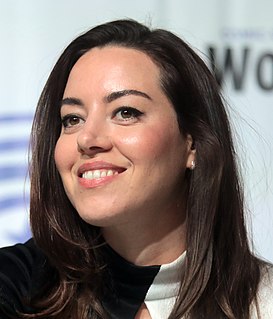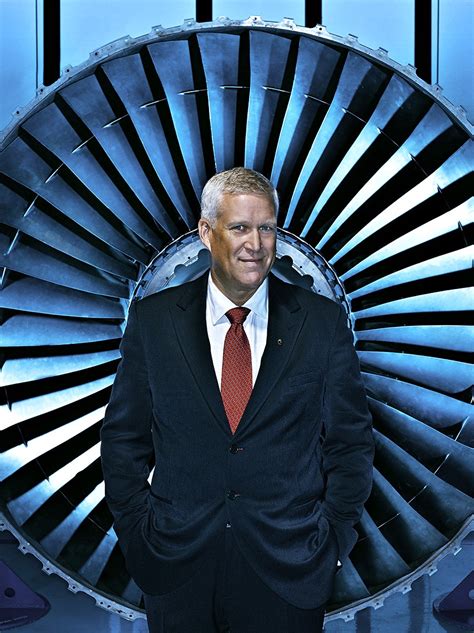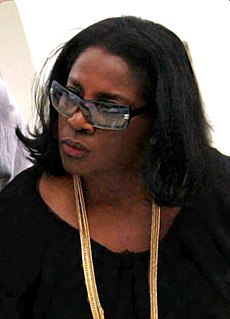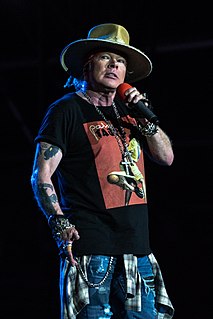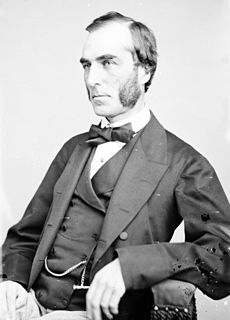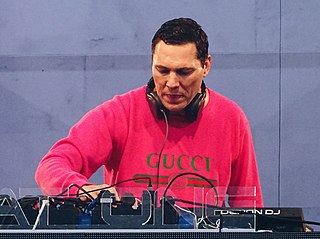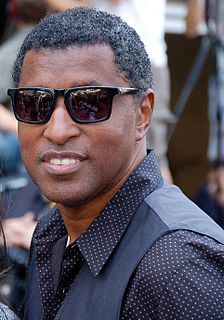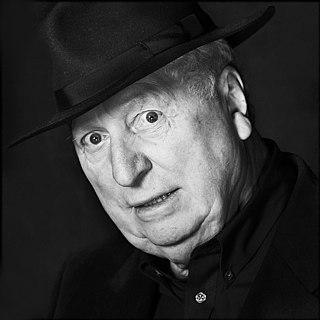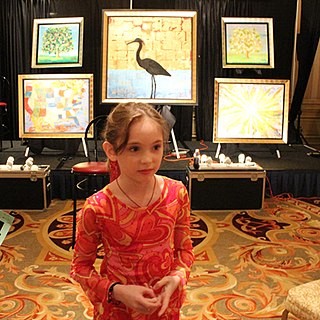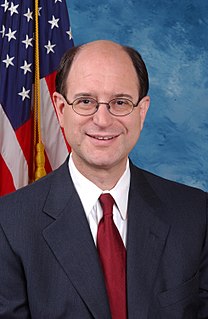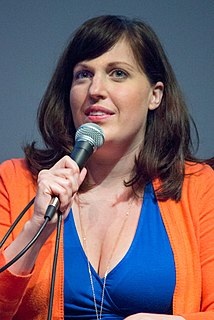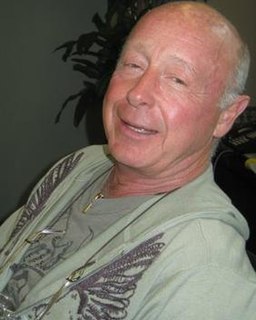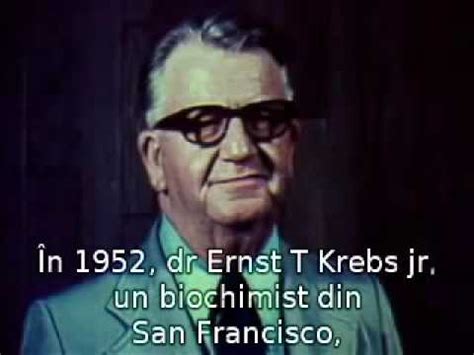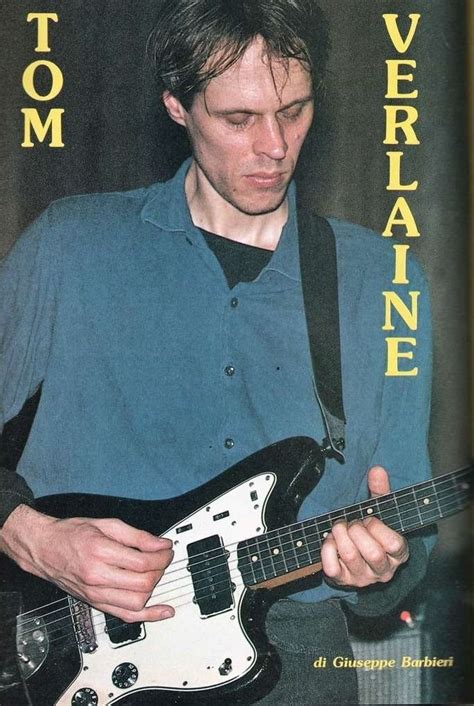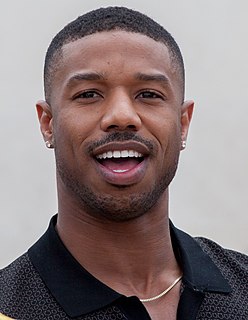Top 1200 Commercial Quotes & Sayings - Page 2
Explore popular Commercial quotes.
Last updated on September 19, 2024.
I would never do a commercial for something that is embarrassing, and I think that people maybe have a different perspective on what is embarrassing or not. Some people think doing a Revlon hair commercial is really cool. To me, that's embarrassing, but World of Warcraft - not embarrassing, very cool.
There's almost 70 billion in square feet under construction in high rises in commercial, residential and light manufacturing. And we estimate about 30 billion square feet, and that's with a 'B,' is commercial, that we would just consider office space. To put that in perspective, that's a 5x5-foot cubicle for every man, woman and child in China.
My mom had an audition for a commercial when I was about two and a half, and I ran in crying and interrupted her. They thought I was cute so they offered me a commercial role. My mom was skeptical and a bit nervous about the child actor thing, but I was extremely bossy and convinced them I wanted to try it.
I don't audition for "on-air" commercials - the ones where your face can be seen. I've auditioned for voiceover campaigns that I haven't gotten, but I don't really want to be seen in a commercial unless it's a product that I really love. Like, if Adidas asked me, I would do it in a heartbeat. But I did a Reebok commercial, one for Pep Boys, one for Dunkin' Donuts. I auditioned for commercials, but I really couldn't stomach it. It just didn't feel right.
I think the 'New York Times' reviews overall tend to overlook popular fiction, whether you're a man, woman, white, black, purple or pink. I think there are a lot of readers who would like to see reviews that belong in the range of commercial fiction rather than making the blanket assumption that all commercial fiction is unworthy.
The position of children as a group, in a commercial society, is not wholly advantageous. A commercial society urges its citizens to be responsible for things, but not for people. It is the unquestioned assumption of a mercantile culture that things need and deserve attention, but that people can take care of themselves.
When I first started acting I was about nine years old. I had never been to audition in my life and my agent sent me out. It was just a commercial for 'Harry Potter.' That was the first thing I ever went out for and I got the 'Harry Potter' commercial which was really cool, but I didn't play Harry Potter.
We both [with Jo Andres] think that it is really important to our culture that we support all kinds of music, all kinds of theatre and all kinds of art because you never know what moves people. We've always believed that there should be a strong voice outside the commercial world. Certainly, the commercial world has a huge place in our culture and we also support that - but, we also want to support the stuff that lives outside of that.
I never understood using Kickstarter for commercial purposes. If you want to raise money for commercial purposes, I think you should give someone a dividend. They make money, then you make money. It should be an investment, whereas I think Kickstarter's true purpose is raising money for things that are in and of themselves justifying.
There are two aspects to making movies: One is the feeling of wanting to push myself into stuff that I don't know how to do. Then there's the other impulse to try and earn a living. I want to be careful about not confusing those too much - not that those things can't have a healthy overlap. Plenty of people start out making work that isn't terribly commercial, and then make work that's more commercial but still good. You just want to watch out for that thing where you tell yourself that you're doing your best work when you're not.
It's no accident that Julia Child appeared on public television - or educational television, as it used to be called. On a commercial network, a program that actually inspired viewers to get off the couch and spend an hour cooking a meal would be a commercial disaster, for it would mean they were turning off the television to do something else.
I would describe Hyperledger as a tremendous opportunity for collaboration for firms that range from gigantic commercial concerns all the way to the smallest, newest startups. It's a community of great intellectual depth and great commercial breadth, and as such, I think the opportunity to be part of that is a unique and enriching experience.
The novel may be dead as a commercial form. When art forms things die as commercial forms, something happens to the practice of those arts that isn't very pleasant. It used to be that a poet like Tennyson could keep his house and his coach-and-four and his staff of six servants on the income from poetry. That doesn't happen anymore.
I was asked to do a test commercial shoot for an Apple product which didn't mean much to me at the time. Some music player that holds all your songs. Sounded cool to me and I never gave up an opportunity to work, especially with the possibility of it turning into a national commercial. Coolest job I did in that time.
We have feudal governments in a commercial age. It would be but an easy extension of our commercial system, to pay a private emperor a fee for services, as we pay an architect, an engineer, or a lawyer. If any man has talent for righting wrong, for administering difficult affairs, for counselling poor farmers how to turn their estates to good husbandry, for combining a hundred private enterprises to a general benefit, let him in the county- town, or in Court-street, put up his sign-board, Mr. Smith, Governor, Mr. Johnson, Working king.
Commercial record has never interested me. It's amazing I was in a band like The Police that had such phenomenal commercial success. Part of what made The Police what it was was that we didn't all come in with obvious mainstream musical tastes. We were a rock band and somehow we had to make rock music, but it was informed by a lot of things outside of the mainstream for sure.
I enjoy music that is commercial. I think that in order for music to be heard in a lot of different situations, you have to always consider that. Commercial music, for the most part, is popular music, and you always have to keep that in mind. It's not so much financial as making sure it gets the shot and is heard on the radio.
All of us somehow felt that the next battleground was going to be culture. We all felt somehow that our culture had been stolen from us-by commercial forces, by advertising agencies, by TV broadcasters. It felt like we were no longer singing our songs and telling stories, and generating our culture from the bottom up, but now we were somehow being spoon-fed this commercial culture top down.
I would never do a commercial for something that is embarrassing, and I think that people maybe have a different perspective on what is embarrassing or not. Some people think doing a Revlon hair commercial is really cool. To me, that's embarrassing, but World of Warcraft: not embarrassing, very cool.
It never occurred to me that I’d be typecast, although I was. And I never thought of the role as a commercial product, because I was… well, I was playing this slightly messianic alien. He isn’t violent, he doesn’t get his leg over the girl, he doesn’t steal, and he’s rather wry, and adorable, and mysterious. He’s lived for 900 years or something. He lives the life of the old patriarchs of the Old Testament. That’s not commercial. He’s special.
Supreme Court says pornography is anything without artistic merit that causes sexual thoughts, that's their definition, essentially. No artistic merit, causes sexual thoughts. Hmm... Sounds like... every commercial on television, doesn't it? You know, when I see those two twins on that Doublemint commercial? I'm not thinking of gum. I am thinking of chewing, so maybe that's the connection they're trying to make.
I can be inspired by anything. It can be from an artist, I love Georgia O'Keefe, de Kooning, Jackson Pollock, Lichtenstein, Koons- I love them all. I can be inspired by an artist, a dream, something that I pass by, I was even inspired by a commercial! A commercial of whale war- I was so sad that people were killing whales to extinction, so I made a painting of that. So I can really be inspired by a lot of things.
I know that my music is heard a lot in commercial circles. In academia, I think my music is taken in differently but I'm not sure why that is. Some kind of sixth sense tells me that people in that world are thinking differently about it. I don't know if it has to do with the structure of my music, which is probably more apparent to those in the academic world than it is in the commercial world, where people tend not to think of that aspect of music so much. They just listen for pure enjoyment.
Saturday morning cartoons do that now, where they develop the toy and then draw the cartoon around it, and the result is the cartoon is a commercial for the toy and the toy is a commercial for the cartoon. The same thing's happening now in comic strips; it's just another way to get the competitive edge. You saturate all the different markets and allow each other to advertise the other, and it's the best of all possible worlds. You can see the financial incentive to work that way. I just think it's to the detriment of integrity in comic strip art.
Literary men are being employed to praise a big business man personally, as men used to praise a king. They not only find political reasons for the commercial schemes that they have done for some time past they also find moral defences for the commercial schemers... I do resent the whole age of patronage being revived under such absurd patrons; and all poets becoming court poets, under kings that have taken no oath.
I wake up every morning bolt upright, whether it's a commercial, not that that's a good thing or a bad thing, because I shoot commercials in between movies. But whether it's a commercial or a movie where I'm shooting a major train wreck, the thing that worries me most is when I'm doing a performance thing.
The slight variations in extracting procedure cause many of the amygdalin (Vitamin B-17, Laetrile) molecules to change to a form unknown to nature(:) isomers...There are ...purveyors who label their 'iso-amygdalin' products 'amygdalin' contrary to all of the recognized specs...For commercial or political purposes, they certainly cannot justify such a fallacy...This scientific heresy and commercial fraud...(is) tremendously reducing the effectiveness of amygdalin therapy. ...To mislabel iso-amygdalin as amygdalin is scientifically, medically, and morally indefensible.
Seems there's a big debate going on about whether a new TV commercial for Minute Maid orange juice portrays Popeye and Bluto as gay lovers or just good friends. The commercial shows Popeye and Bluto at the beach and riding a bicycle for two. I don't think that makes them gay. I think the fact they both find Olive Oyl attractive, that makes them gay.
The strategic stimulus to economic development in Schumpeter's analysis is innovation, defined as the commercial or industrial application of something new---a new product, process or method of production, a new market or source of supply, a new form of commercial, business or financial organization.
We have no regulation of drones in the United States in their commercial use. You can see drones some day hovering over the homes of Hollywood luminaries, violating privacy. This question has to be addressed. And we need rules of operation on the border, by police, by commercial use, and also by military and intelligence use.
It is said that anyone who does commercial cinema is not acting, and anyone who does an art film is acting. I don't believe it. I feel whenever you are doing a film, you are acting. So you need to be applauded for that. I won't do art house cinemas. I want to make commercial films. I want my films to make money.
In fact, Clinton-era publications of the US Space Command describe control over space as a parallel to control over the oceans a century ago. Then, countries built navies to protect and enhance their power in commercial and strategic interests. Today, the militarization of space is intended to protect US investments and commercial interest and US hegemony around the world.
